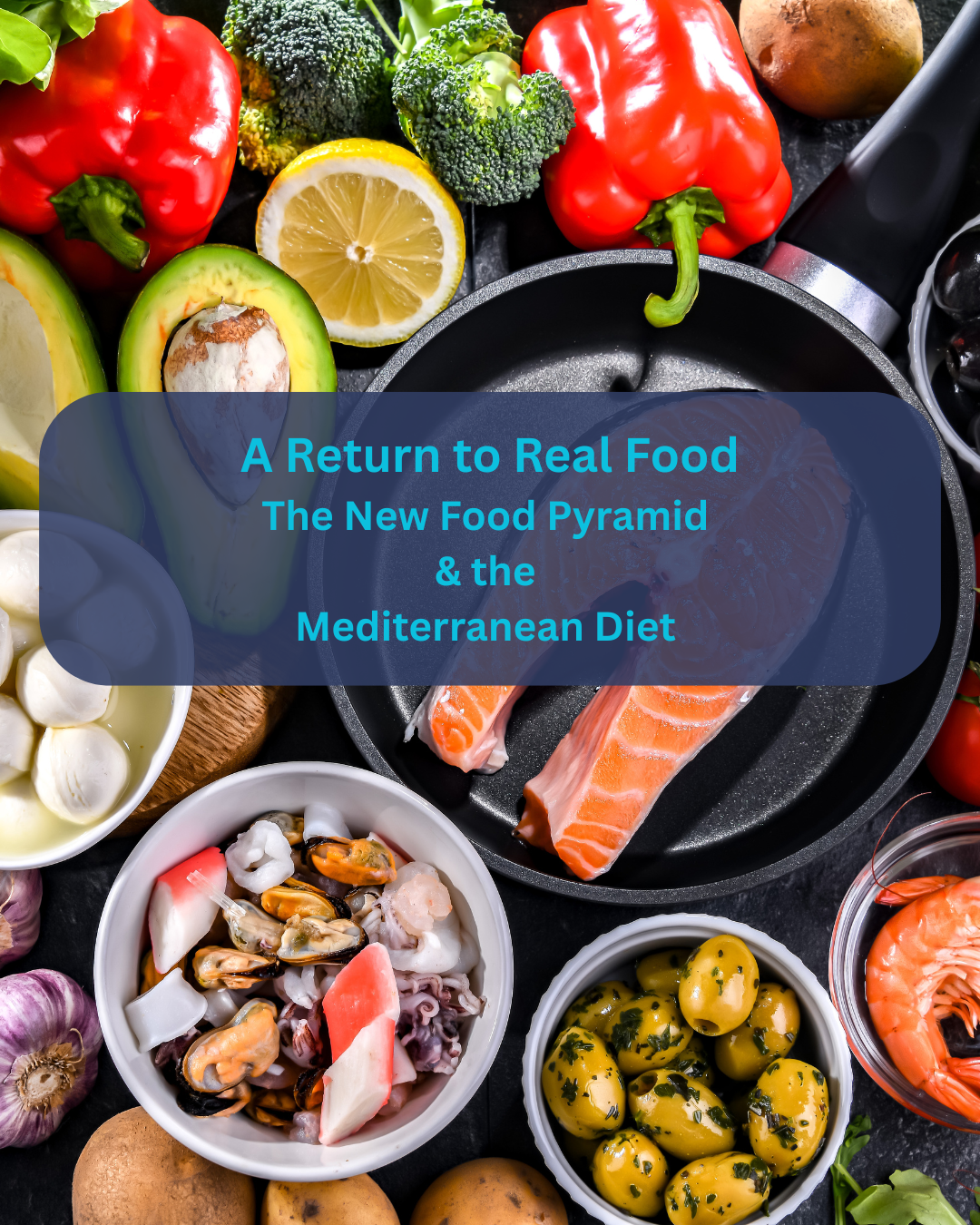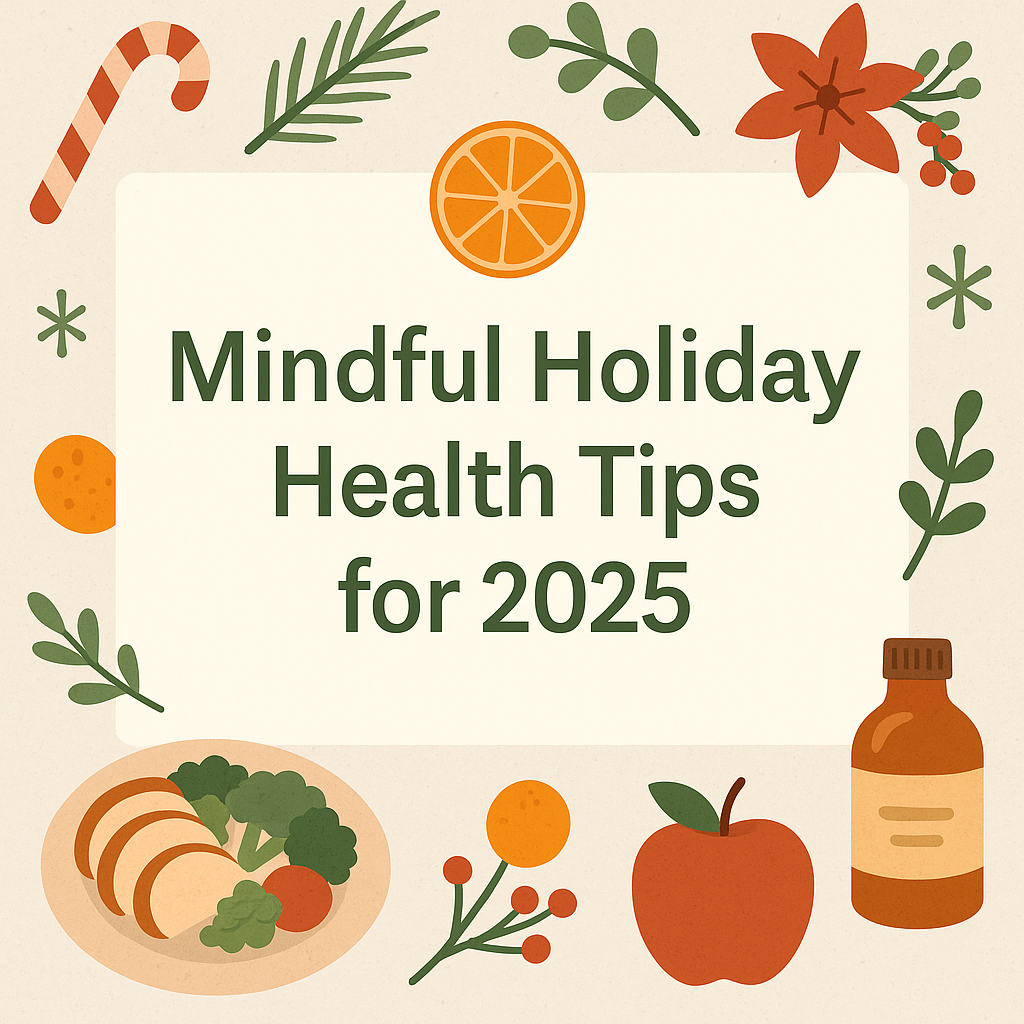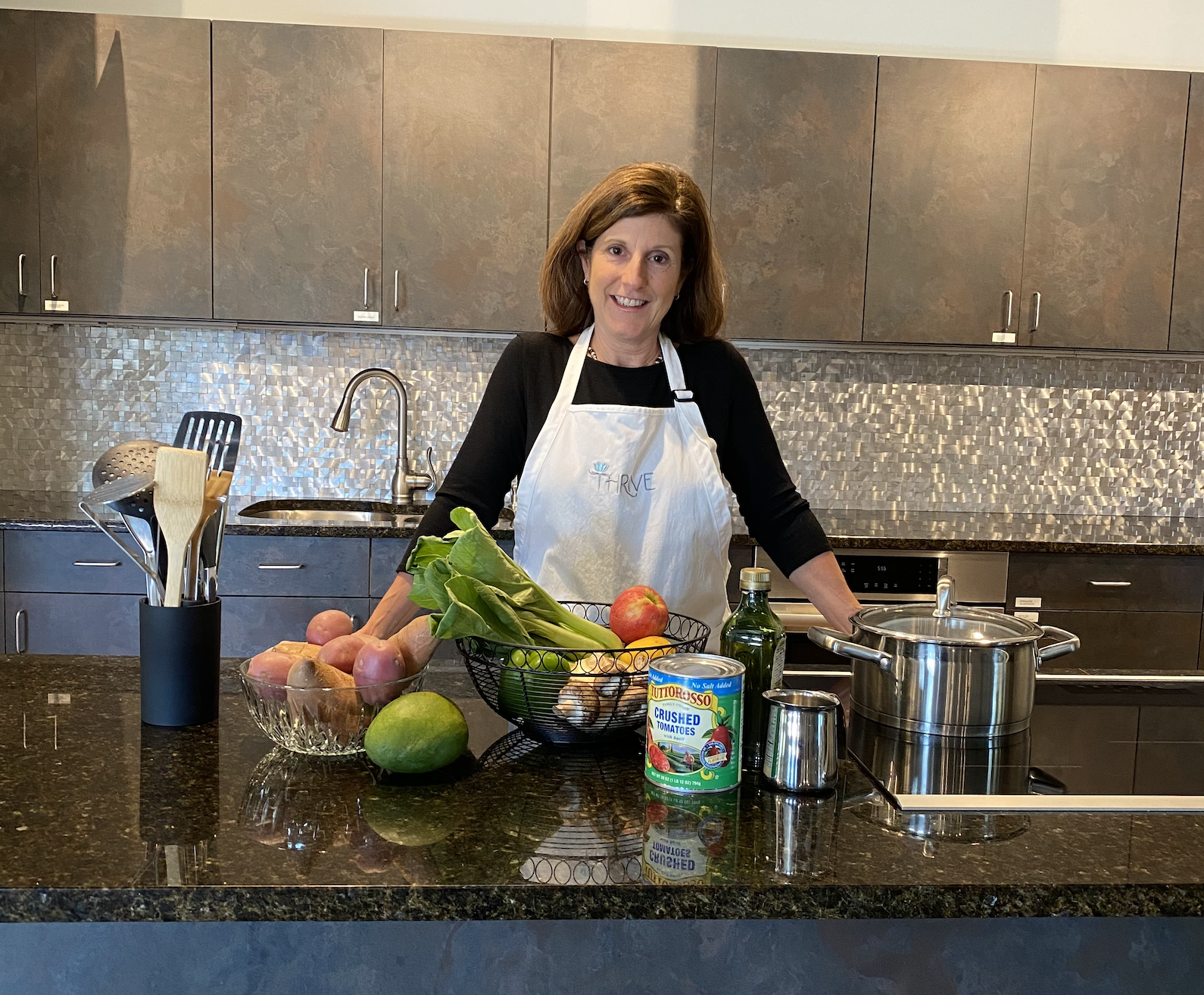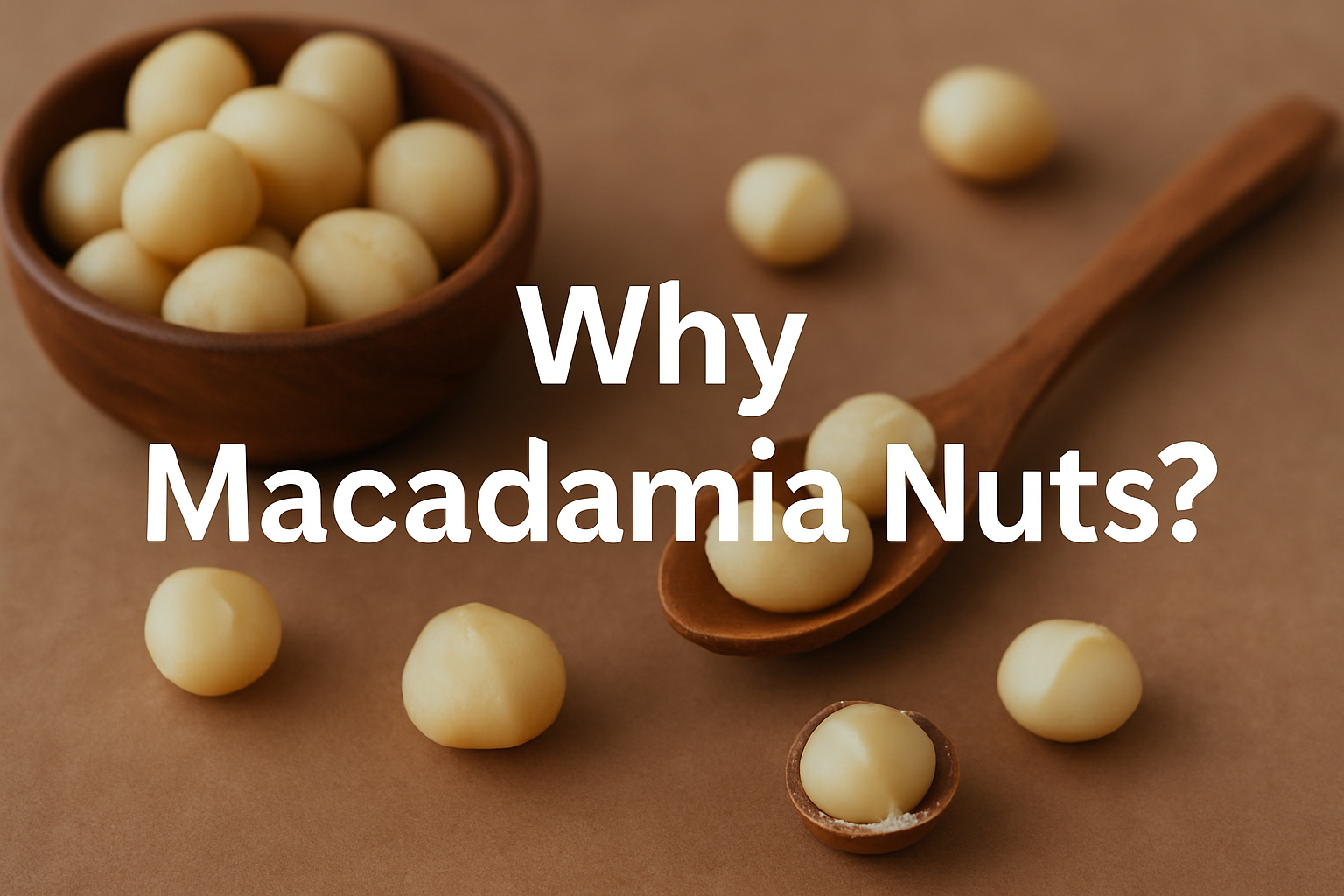Heart Disease: Widening the Lens to Address America’s Leading Killer
By Nancy A. Palermo, MD Edited by: Thrive Carolinas “There is no such thing as a sudden heart attack. It requires years of preparation.” Heart disease remains the number one cause of death in the United States Despite decades of awareness campaigns, rising healthcare spending, and technological advances, outcomes have not improved meaningfully. In 2018 alone, more than 800,000 Americans died from heart disease or related cardiometabolic conditions — accounting for one in three deaths nationwide. Just a few years earlier, the number was closer to 600,000. Despite billions spent annually on treatment, the trend continues to worsen. This forces an uncomfortable but necessary question: Are we treating heart disease — or simply managing it? The Problem with a Narrow Approach Conventional heart disease prevention focuses on a familiar set of risk factors: Elevated...











